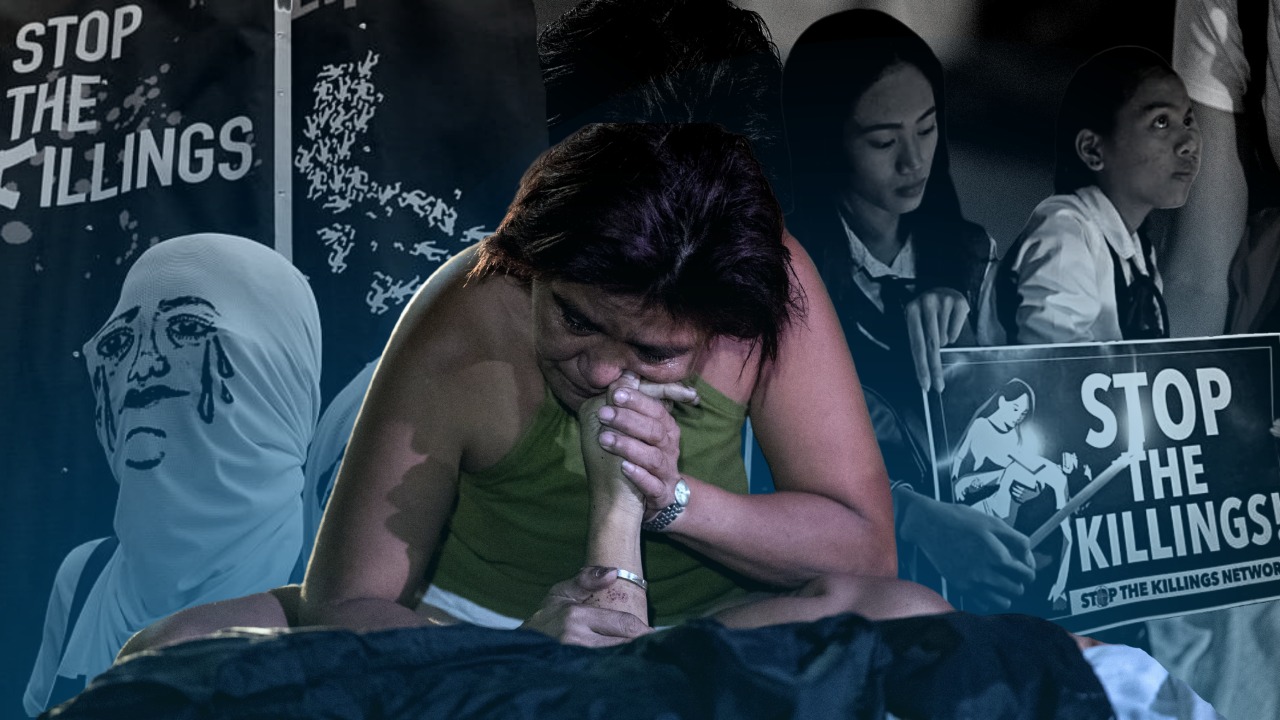
INQUIRER FILE PHOTO
MANILA, Philippines — The New York-based Human Rights Watch (HRW) has disputed the claim by Philippine authorities of “zero” killings for this month during their antidrug operations, pointing out that there were two drug war-related deaths so far for September.
Phil Robertson, HRW’s deputy Asia director, stressed that data by the monitoring group Dahas PH, of which most members come from the University of the Philippines Third World Studies Program, showed “inaccuracy” on the “zero” killings as touted by the Philippine National Police.
From the data of Dahas PH’s researchers, there were two deaths recorded this month, while 73 in July and August—the first two months of President Marcos in office.
“That’s more than one killing a day, which is not far off from the horrendous toll seen when the ‘drug war’ was in full swing under former President Rodrigo Duterte,” Robertson said in a statement. “So really, has anything changed?”
For more than two weeks of its anti-illegal drug operations, Gen. Rodolfo Azurin Jr., chief of the PNP, said no deaths were reported out of the 1,790 operations carried out by police officers on the ground.
However, more than 1,900 alleged drug offenders had been arrested, along with the confiscation of dozens of kilograms of marijuana and crystal meth (shabu).
For Robertson, Azurin’s data surfacing was no coincidence at the time when the Philippines’ “sorry rights record” had undergone “intense scrutiny” at the United Nations Human Rights Council, which recently met in Geneva, Switzerland.
At the same time, Robertson decried as “particularly shocking” Mr. Marcos’ lack of clear directives to the police and other law enforcement agencies to put a stop to the drug war.
Duterte’s bloody drug war led to the killing of thousands of deaths, which notably included teenager Kian delos Santos, raising eyebrows from domestic government officials and even from the international community.
Charges of alleged crimes against humanity have been filed against the then president and the implementers of the drug war, including former PNP chief Ronald dela Rosa, now a senator.
Mr. Marcos, on the other hand, wants to continue the drug war begun by his predecessor, which appalled Robertson and some local and other international rights groups.
“There needs to be a concerted effort to break the impunity that prevents the vast majority of these killings from ever being investigated by authorities,” Robertson pointed out.
Through the “continued international political pressure” on the Philippine government, he believes this would help the media and human rights defenders boost their chances “to stop the murderous continuation of the ‘drug war.’”